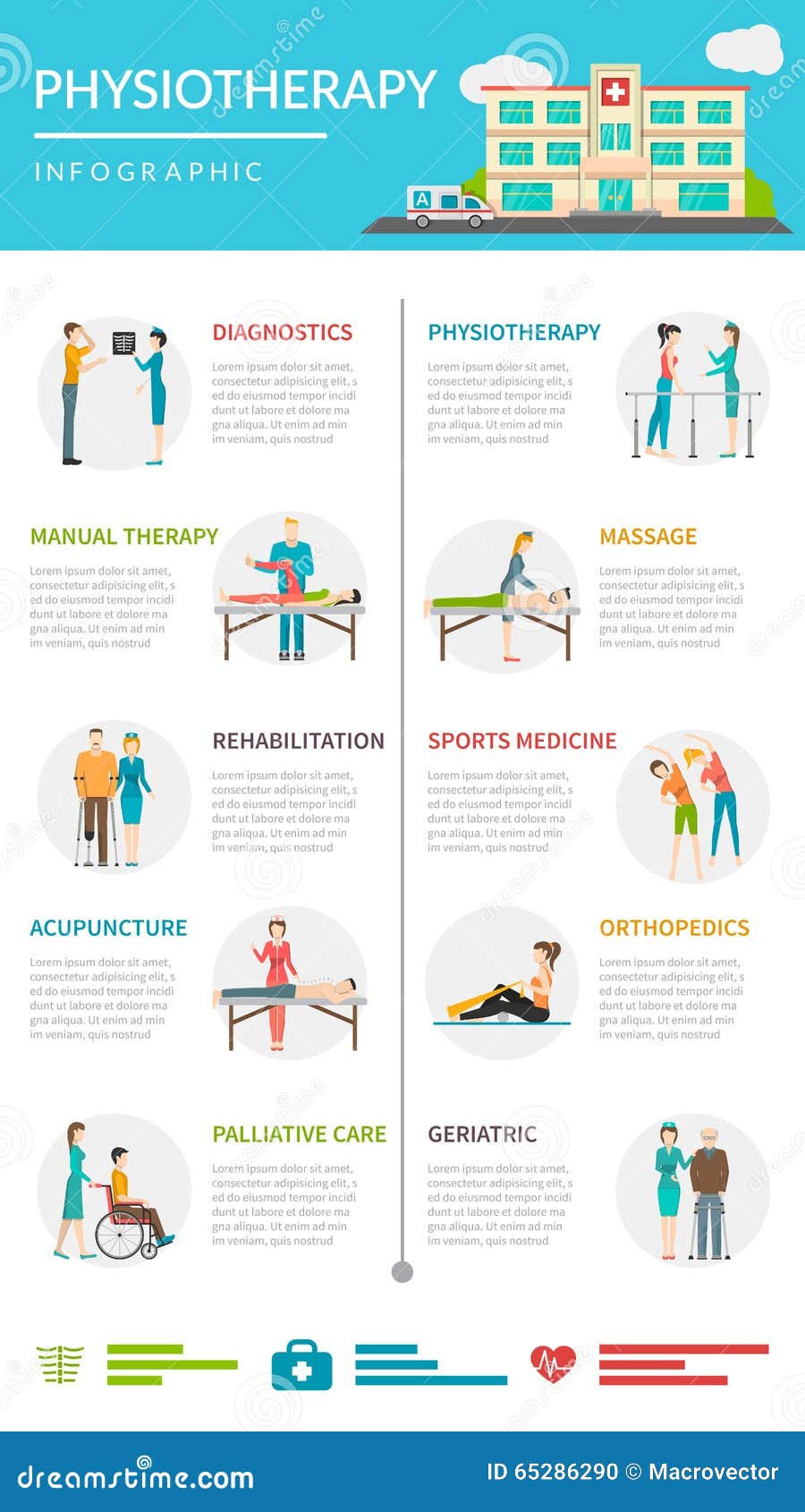Is Cold Laser Therapy Safe For Every Person?
Is Cold Laser Therapy Safe For Every Person?
Blog Article
Published By-Refsgaard Polat
You may be questioning the safety and security of cold laser treatment for numerous people. While it's typically thought about safe, there are specific groups that should approach it with care. From learn this here now to those with specific clinical problems, recognizing the nuances of that can safely undergo cold laser therapy is vital for ideal results.
That Can Take Advantage Of Cold Laser Therapy?
If you deal with chronic discomfort, cold laser therapy can offer you significant relief. This non-invasive therapy has been discovered to be useful for a vast array of conditions, consisting of arthritis, tendonitis, and muscle pressures. Whether you're a professional athlete taking care of sports injuries or a private experiencing everyday pains and pains, cold laser treatment might be able to help alleviate your discomfort.
Moreover, if you're looking for a drug-free alternative to handling discomfort, cold laser therapy could be an ideal choice for you. By utilizing low-level laser light to promote healing at the mobile degree, this treatment promotes tissue repair and decreases swelling, causing improved pain monitoring without using pharmaceuticals.
Possible Threats and Negative Effects
When taking into consideration cold laser therapy, it is very important to be knowledgeable about the possible threats and negative effects associated with this therapy. While cold laser therapy is generally thought about risk-free, there are a couple of feasible side effects to remember.
Some individuals might experience light pain throughout the treatment, such as a small tingling sensation or warmth in the targeted location. In uncommon instances, skin irritability or redness at the website of therapy might occur.
Additionally, there's a small risk of eye injury if the laser is routed in the direction of the eyes. It's essential for both the person and the professional to put on safety eyewear throughout the treatment to stop any type of unintended exposure to the eyes.
Furthermore, cold laser therapy should not be executed over locations with active malignant tumors or on patients that are expectant, as the effects of the treatment in these instances aren't well comprehended.
Security Considerations for Certain Groups
Think about the safety and security factors to consider for certain teams when going through cold laser therapy to make sure ideal treatment outcomes.
https://www.medicalnewstoday.com/articles/321185 need to stay clear of cold laser treatment directly on the abdominal area or reduced back, particularly during the initial trimester, to avoid any type of prospective injury to the developing fetus.
People with a background of skin cancer cells or skin problem that make them more sensitive to light must talk to a doctor prior to undergoing cold laser treatment, as it might worsen their condition.
People with a pacemaker or various other implanted digital gadgets need to inform their healthcare provider before treatment, as the laser's electromagnetic radiation can possibly interfere with these gadgets.
Those with epilepsy needs to also exercise care, as the flashing light from the laser may cause seizures in some people.
In addition, individuals taking photosensitizing drugs ought to be aware that cold laser treatment could increase their sensitivity to light, possibly causing unfavorable responses.
Verdict
To conclude, cold laser treatment is generally safe for a lot of individuals, using a non-invasive and drug-free alternative for discomfort relief and tissue healing.
Nonetheless, it is necessary to think about possible risks and side effects, along with safety factors to consider for specific teams such as pregnant people, those with skin conditions, and individuals with digital implants.
Constantly consult with a healthcare provider prior to undergoing cold laser therapy to ensure it's secure and efficient for you.
